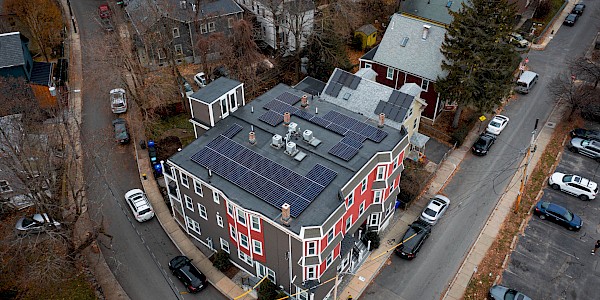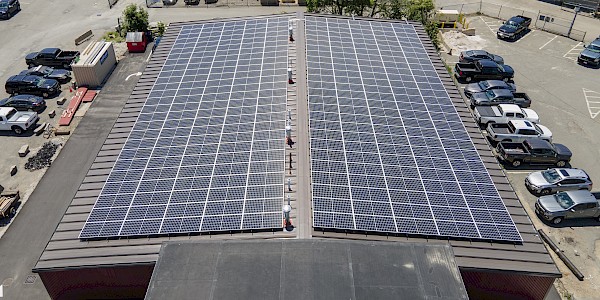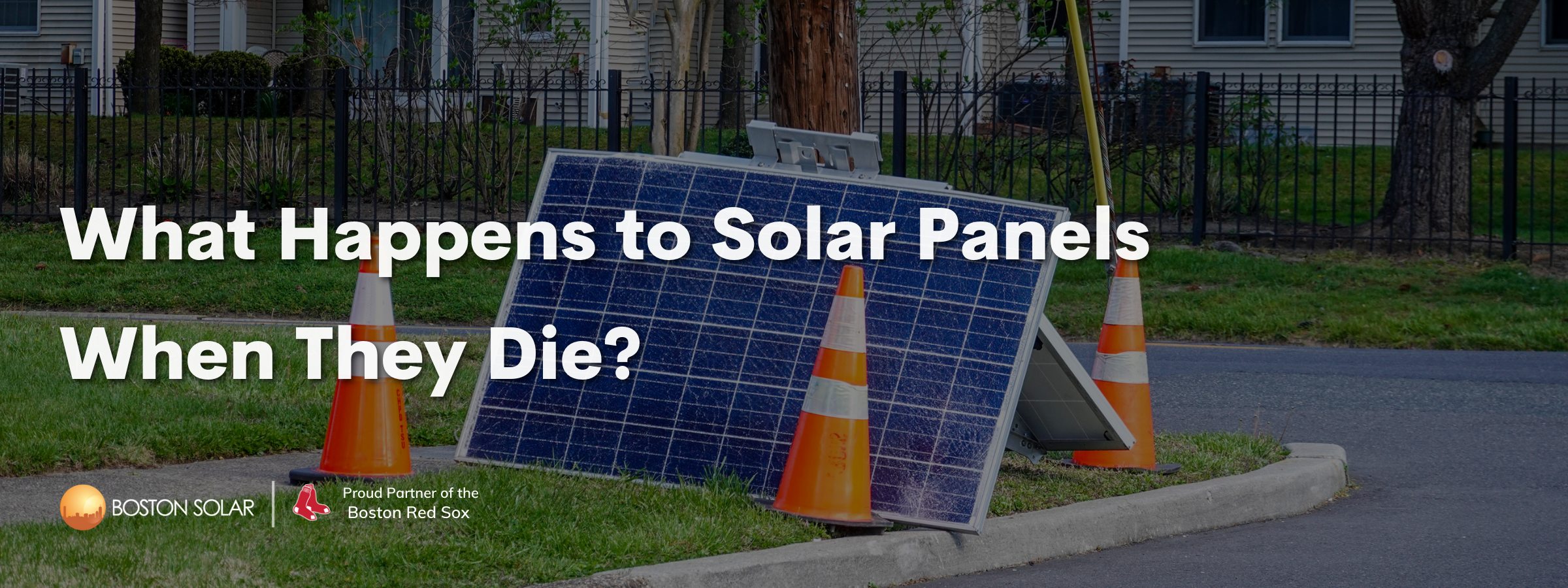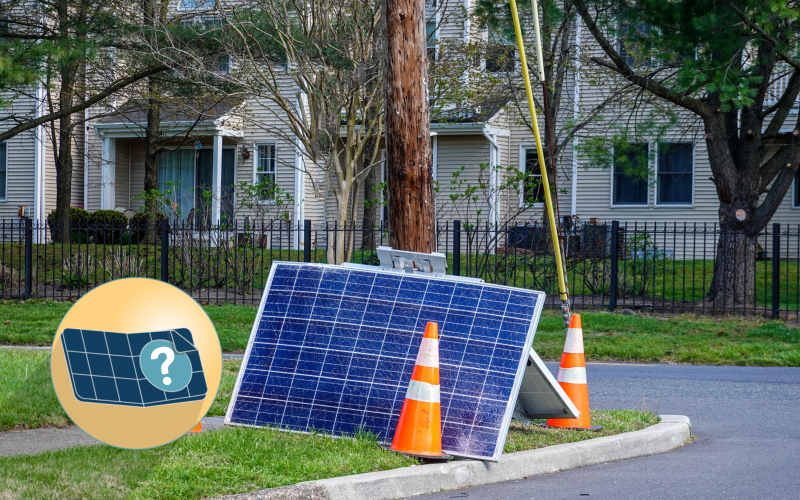What Happens to Solar Panels When They Die?
Mar. 08, 2023
Solar panels last for a very long time—in most cases, upwards of 25-30 years. But like all electrical equipment, solar panels will eventually need to be replaced.
So how do you dispose of old solar panels? And, what do you do if you want to have your old solar panels replaced? Keep reading for answers!
Dead Solar Panels Can Only Be Partially Recycled
In an ideal world, all solar panels would be recycled. Unfortunately, it’s currently pretty hard to recycle solar panels in the United States, and the process is expensive. Because of this, most solar panels can’t be recycled in the US, at least not fully. Instead, dead panels are sent to an e-waste facility that will salvage what they can—usually the aluminum, glass, and copper. The rest of the panel’s components are typically shredded and sent to a landfill.
Better Solar Panel Disposal Regulations Are Needed in the US
Global solar panel disposal regulations are much stricter than they are in most of the United States. In the EU, solar panel manufacturers are required to ensure that the panels they produce are properly recycled at no cost to the panel’s owner.
In the US, no such regulations exist (with a few exceptions, like this solar panel recycling law in the State of Washington).
Proper solar panel recycling is important for a few reasons. Of course, we don’t want piles of old solar panels ending up in landfills. Not only is this bad for the environment, but solar panels can also contain toxic materials, like lead.
Solar panel recycling also allows valuable materials, like silver and silicone, to be reclaimed and reused. According to the International Renewable Energy Agency, by 2023, the cumulative value of recoverable raw materials from dead solar panels will be equivalent to the cost of raw materials needed to produce about 60 million new solar panels. With so much usable raw material sitting in dead solar panels, it only makes sense to improve recycling practices.
For the solar industry to continue to grow sustainably in the United States, US lawmakers will need to support solar panel and solar battery disposal regulations that ensure proper recycling. We have seen some progress in this area already when it comes to solar batteries—Senator Angus King (I-ME) introduced the Battery and Critical Mineral Recycling Act of 2020 a few years back—but we still have a long way to go.
Your Solar Panels are Dying—What’s Next?
If your solar panels are nearing the end of their lifespan, Boston Solar can help you replace them so you don’t have to go back to paying for electricity from the grid. We’ll talk to you about how well your system performed throughout its lifespan and any concerns you may have had, as well as any changes in your electricity usage since you first installed solar, like EV charger installation or the addition of a hot tub. Then, we’ll design and install a new home solar system that meets your current needs.
Save 30% on Your Solar Panel Replacement with the Federal Solar Tax Credit
Now is a great time to be replacing your old solar panels, thanks to the new 30% Inflation Reduction Act solar tax credit. You can claim the tax credit for your solar panel and battery installation, making it easier and more affordable to replace your aging solar panels.
Boston Solar has over 10 years of experience installing custom solar energy systems in Massachusetts. We are the state’s leading solar installer and are proud to help Massachusetts move toward a clean energy future. As renewables become the norm, solar panel recycling practices must be improved, and we will do all we can to support better solar panel disposal in Massachusetts.
Ready to replace your dying solar panels? Call 617-858-1645 or contact us to schedule a free solar assessment.




